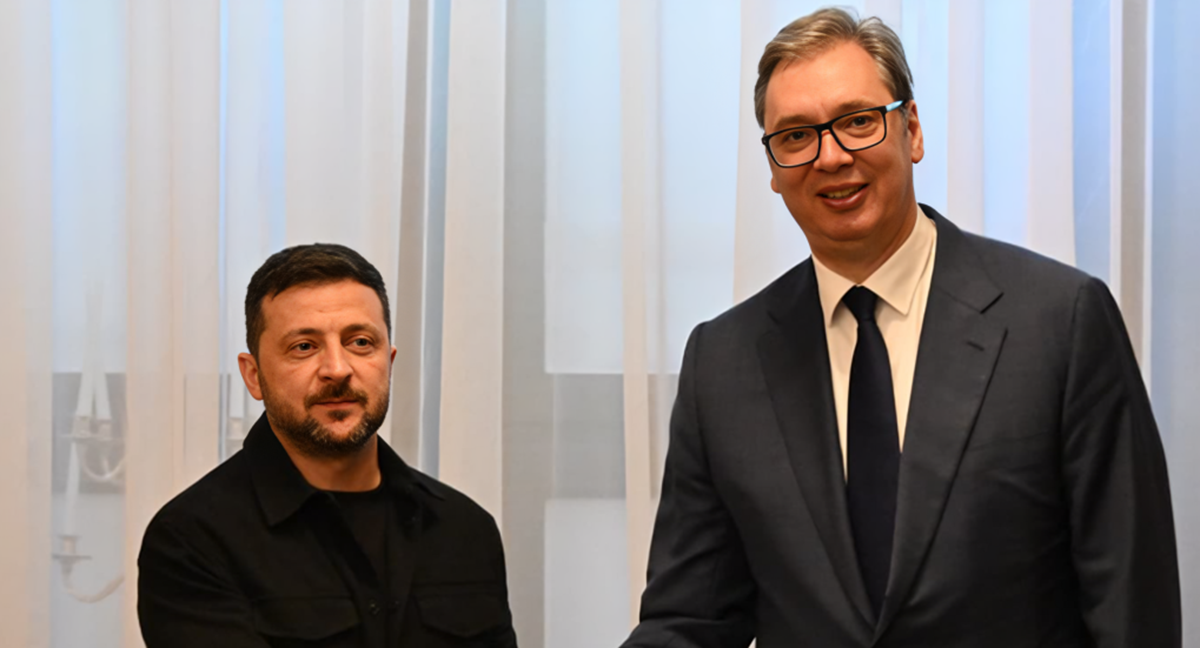Serbian President Aleksandar Vučić made a one-day visit to Ukraine to participate in the fourth Ukraine – Southeastern Europe Summit held in Odesa. Vučić did not sign the joint declaration calling for increased sanctions against Russia, citing disagreement with the part of the text related to sanctions. He emphasized that there was no pressure on him to sign the declaration and that Serbia pursues an independent policy, balancing between its historical ally Russia and its desire to join the European Union. Ukrainian President Volodymyr Zelensky thanked Vučić for his initiative to help rebuild Ukrainian settlements and highlighted the importance of bilateral cooperation. Media outlets across the political spectrum report Vučić’s stance as an attempt to preserve Serbia’s independence in a complex geopolitical situation, while also emphasizing the importance of support for Ukraine and a diplomatic path to peace.
Political Perspectives:
Left: Left-leaning media emphasize Vučić’s cautious balancing act between Russia and the West, highlighting his refusal to sign the sanctions declaration as a stance against escalating conflict and a call for diplomatic solutions. They often frame Serbia’s position as an effort to maintain sovereignty and avoid entanglement in great power conflicts.
Center: Centrist outlets report the facts of Vučić’s visit and his non-signature of the declaration, focusing on Serbia’s diplomatic balancing act and the importance of maintaining good relations with both Russia and the EU. They highlight the cooperation initiatives with Ukraine, such as rebuilding efforts, and stress the complexity of the geopolitical situation.
Right: Right-leaning media tend to emphasize Vučić’s defense of Serbia’s national interests and sovereignty, portraying his refusal to sign the sanctions as a strong, independent stance against Western pressure. They often highlight Serbia’s historical ties with Russia and criticize the push for sanctions, framing it as potentially harmful to Serbia’s strategic interests.







































